It’s fair to say the last few years have been challenging for most people with global pandemics, a cost-of-living-crisis and economic uncertainty to contend with. This in turn has led to many of us seeking solace in our gardens to do something positive and practical that helps lift our mood.
For many people, gardening provides a vital outlet for negative thoughts and emotions. Gardens by their very nature are calming places, places to relax and unwind, places for quiet contemplation.
With many people discovering the therapeutic value of getting their hands dirty, gardening is now being recognised as an effective way of maintaining mental health providing many benefits to overall wellbeing.
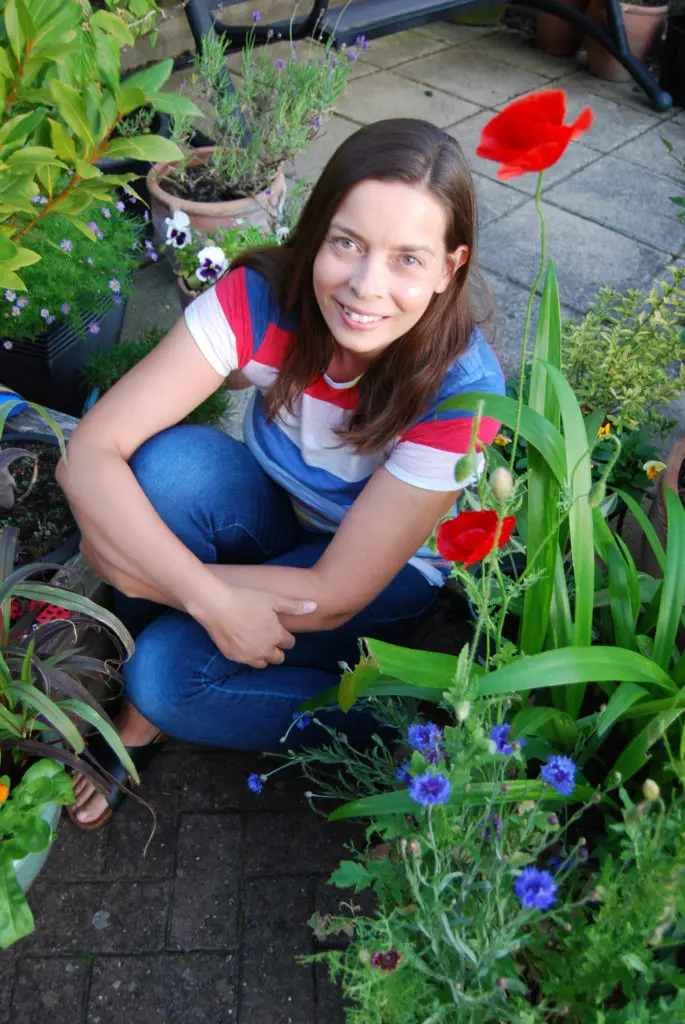
I know only too well the power gardens can have to help heal.
I have suffered with depression, anxiety, and low self-esteem since my late teens. I’ve always liked gardening, but it took me a while to realise how much gardening & nature really helped my mental health.
The turning point for me was during a severe bout of depression. I was struggling to function day to day & even the simplest of tasks were an effort. But one day on my commute to work, I noticed a flower on the side of the path.
The sight of that flower made me feel happy and lighter somehow and, although that feeling was fleeting, it was a positive sign. It was then I realised I needed to take things back to basics, to start focusing on my surroundings, to pay attention to nature. I realised that this was what would help me heal.
This quickly translated into the garden & just like that, a passion was ignited. It was then that I decided to learn more about how gardening could improve my wellbeing.
I found out that spending time outdoors, amongst plants can help lower cortisol levels – cortisol is often known as the “stress hormone.”
Gardening provides a combination of physical movement and mindfulness, allowing us to focus on the present moment. This helps to break those negative thought patterns and slow down racing minds.
Many garden activities such as digging, mowing, pruning, planting, and sowing are repetitive in nature and it’s the repeated rhythmic movement of these tasks that helps to redirect mental and physical focus away from anxieties.
Interestingly, I also learned that touching soil can act as a form of natural anti-depressant. When we come into contact with soil, the beneficial bacteria within it, known as Mycobacterium Vaccae gets absorbed into the skin, triggering the release of serotonin (the “happy chemical”) which helps to regulate mood.
Garden activities such as digging, planting, and weeding all allow us to get our hands dirty.
I discovered that practising mindfulness meditations is a simple way of further enhancing your mental wellbeing.
Some of my favourite meditations to do while I’m in the garden include garden wanders, observing sights, sounds and smells in the garden and sitting in my favourite spot taking deep breathes of fresh air.
All of these exercises are simple and quick to do, can be easily incorporated into a daily gardening routine and really help to clear my mind and bring a feeling of calm.
Taking time to stop and pause is an important aspect of mindful gardening.
Life is so fast paced that we rarely find time to do this, but it’s something I try to do on a regular basis.
Whether it’s sitting quietly in my favourite spot, observing the goings-on in the garden, or watching the clouds go by, taking time to switch off autopilot really helps me to organise my own thoughts and reset.
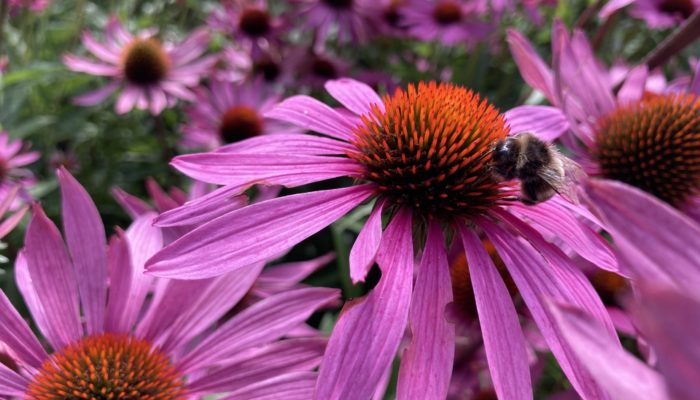
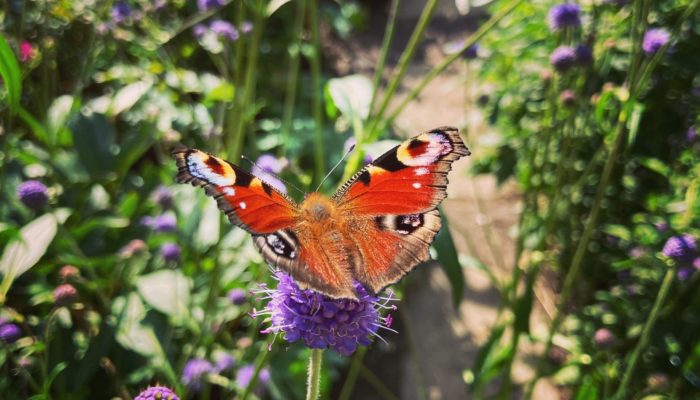
Connecting to nature is known to be calming and healing.
Sitting and watching the wildlife in my garden is one of my favourite mindful gardening activities and is an easy and joyful way to foster that all important connection.
Watching birds on the feeders, bees busily collecting nectar, or butterflies basking in the sun on my favourite flower focuses my attention, captures my imagination, and brings with it an innate feeling of joy, excitement and wonder – its something I never get bored of!
Sensory planting is another wonderful way to connect to nature.
It involves growing plants that engage in all 5 senses to enhance wellbeing. I try to grow a wide a wide range of plants with diverse forms, textures, scents, colours, sounds and tastes to help to awaken my senses, and I’m always thinking about the wellbeing value plants are going to bring to the garden when I’m out plant shopping!
Some of my favourite sensory plants include Lavender, Salvias, Rosemary, Calendula, Sunflowers, and Ornamental Grasses.

Gardening also allows us to connect with each other.
Community gardens and shared green spaces offer opportunities to make new friends, socialise and help build a sense of community as well as helping with mental health issues such as social anxiety, low self-esteem, and feelings of isolation and loneliness.
I currently volunteer at my local community garden and have seen first hand just how important these sorts of places are for individuals who are struggling. It provides them with a safe space to grow in confidence and develop new skills.
In short, gardening offers so many benefits to both mental and physical health and is much more than a hobby — it’s a form of self-care that can heal both the body and mind.
There is a simple joy in looking after our gardens which should never be underestimated, it has the power to change lives – it’s certainly changed mine.
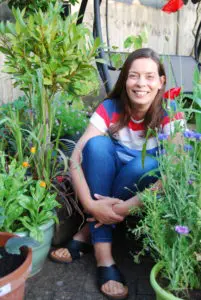
















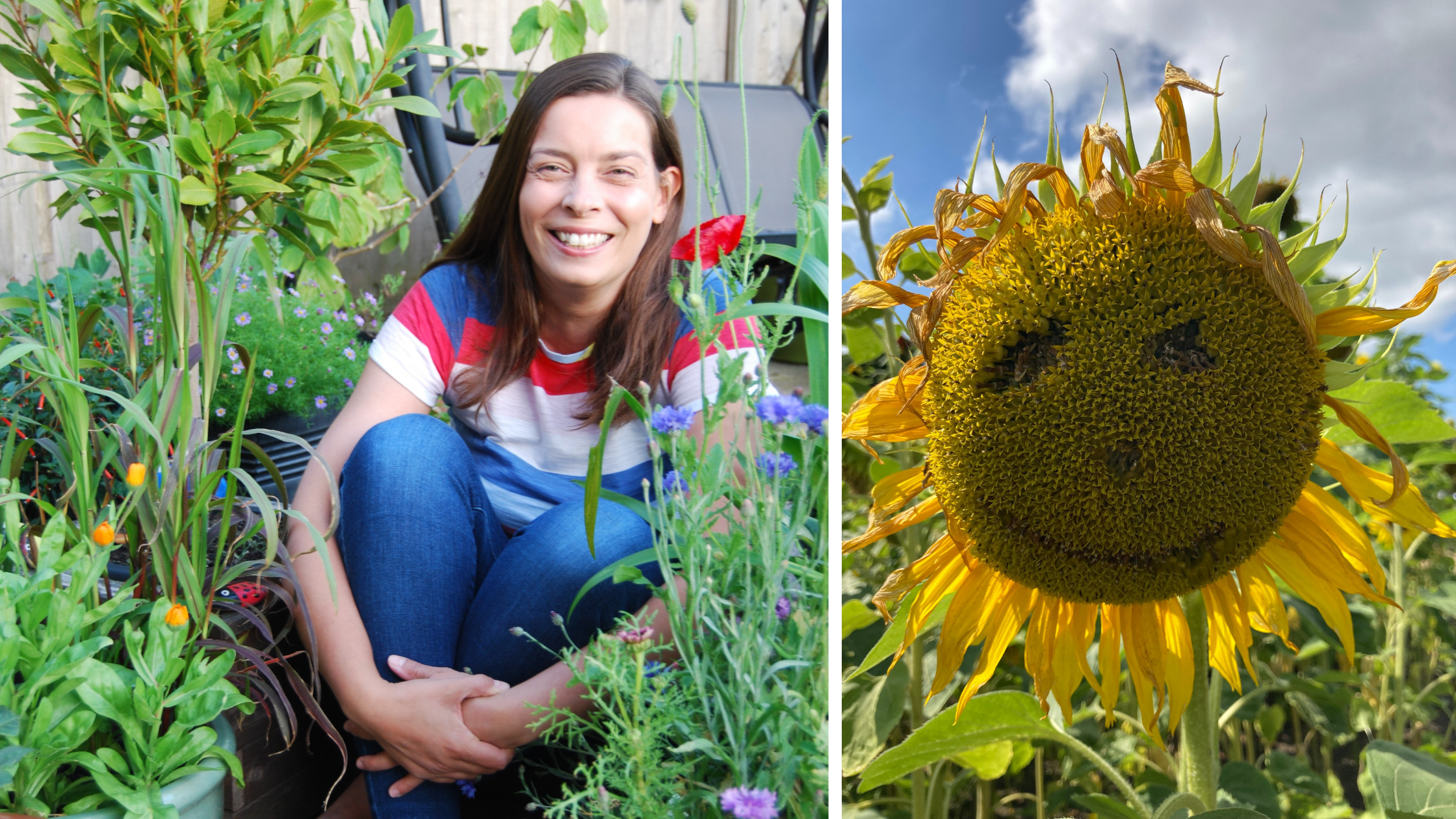
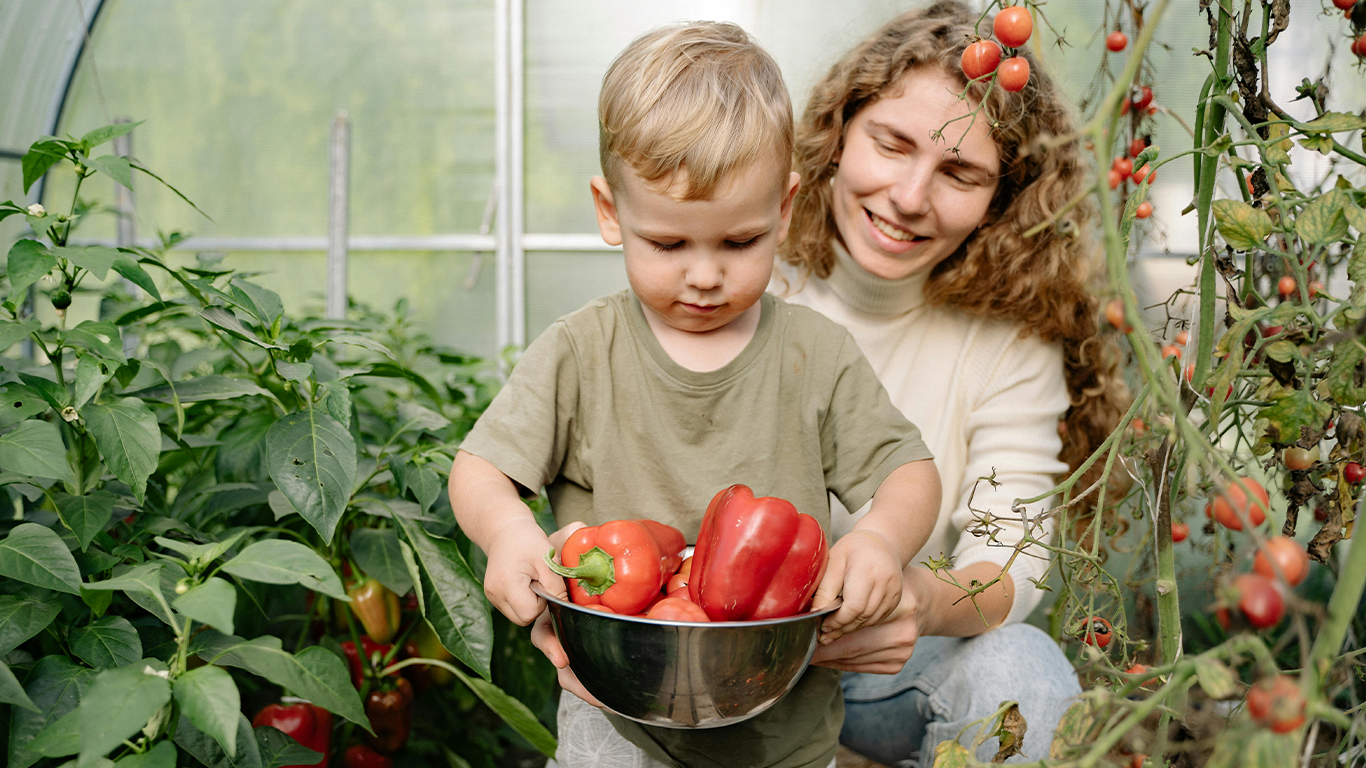

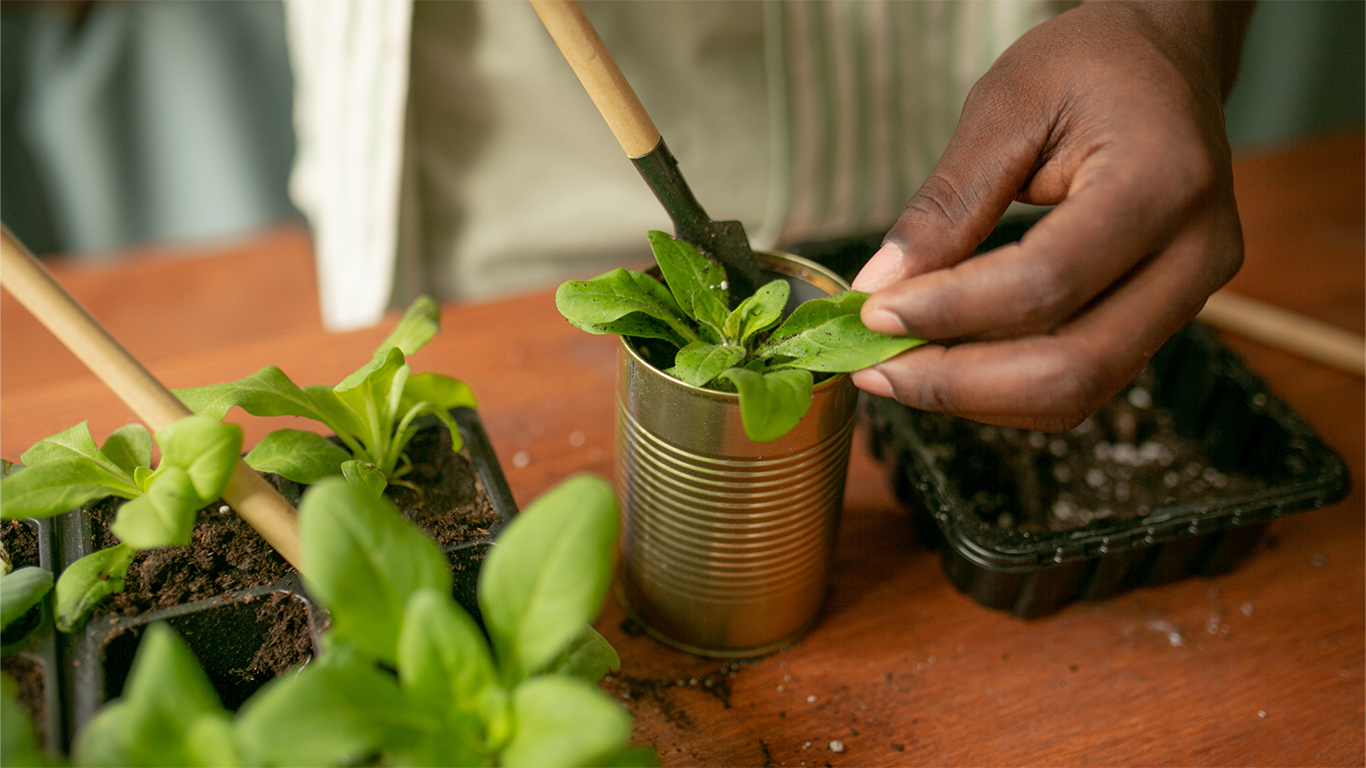
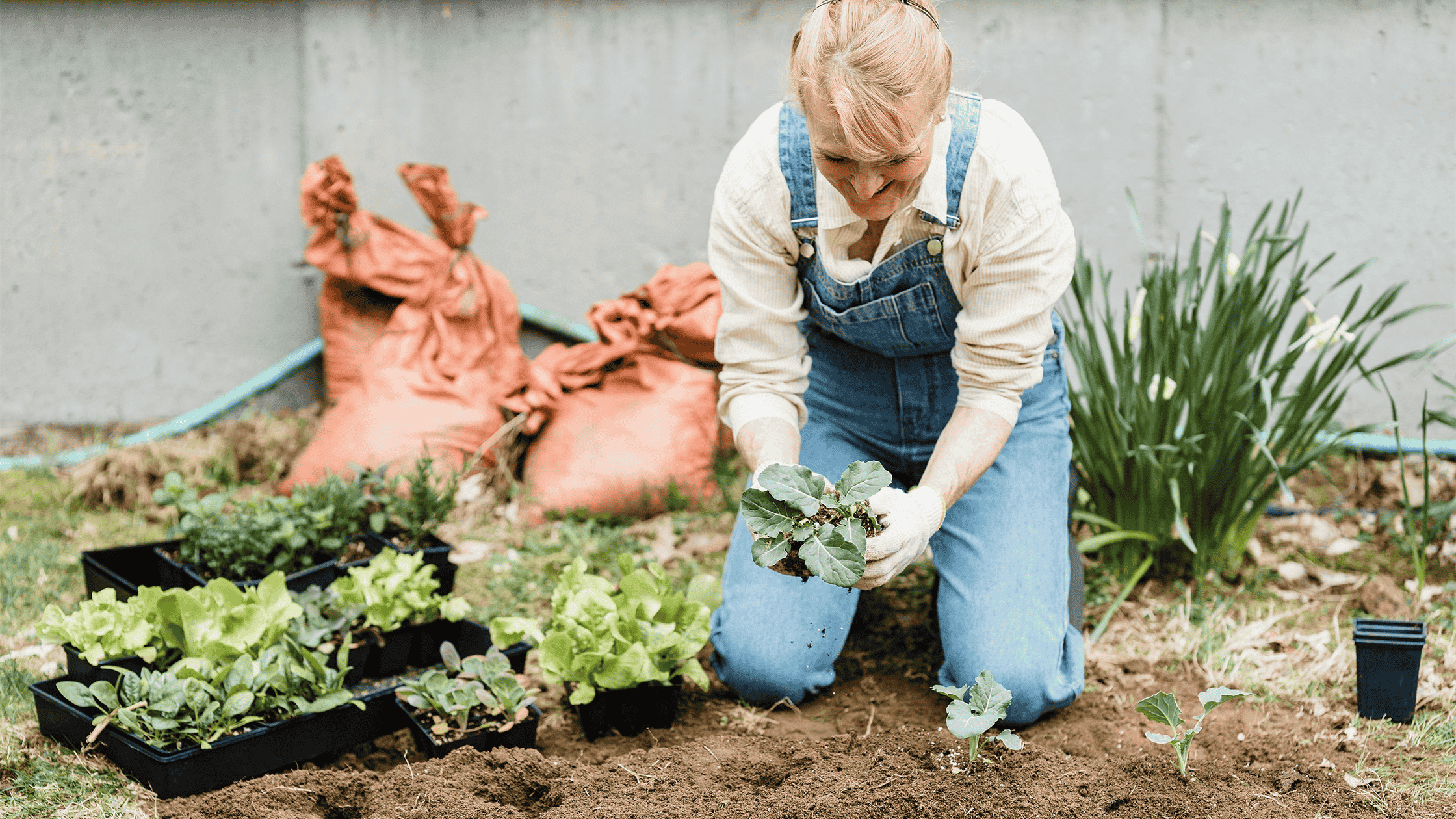
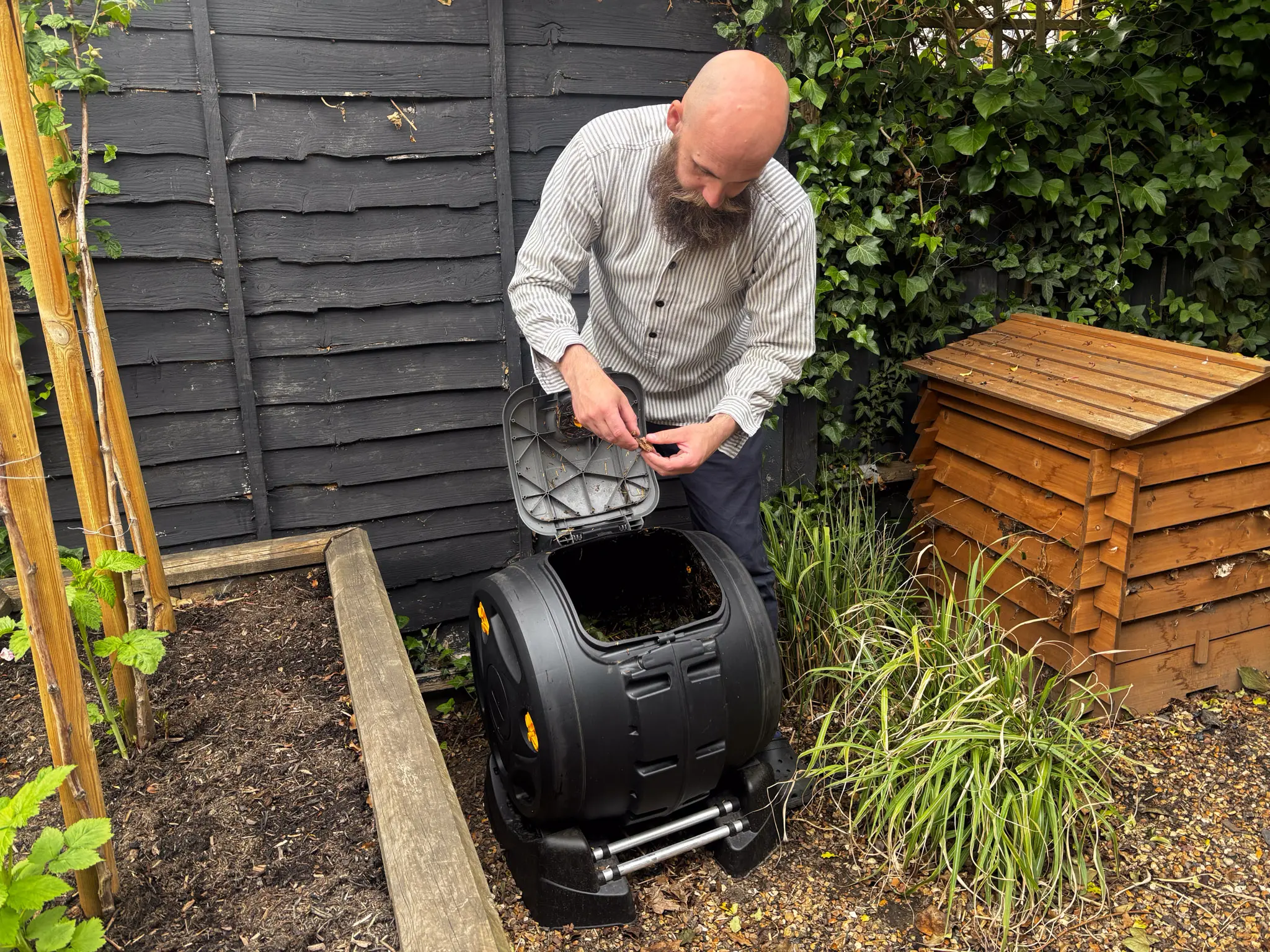
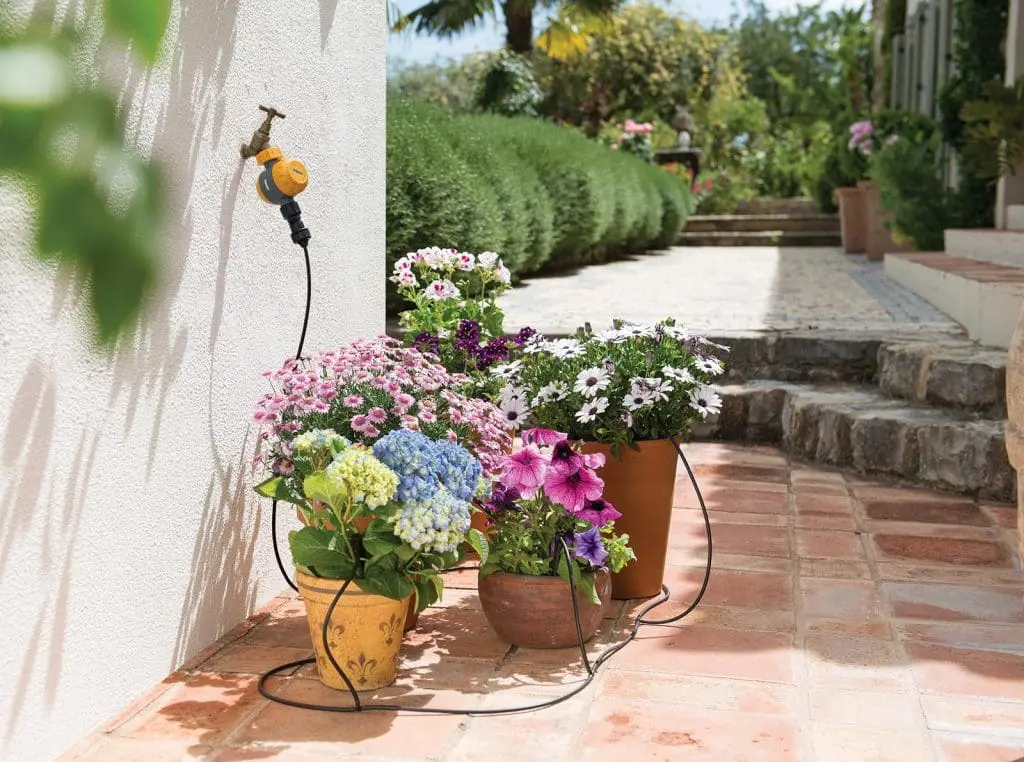
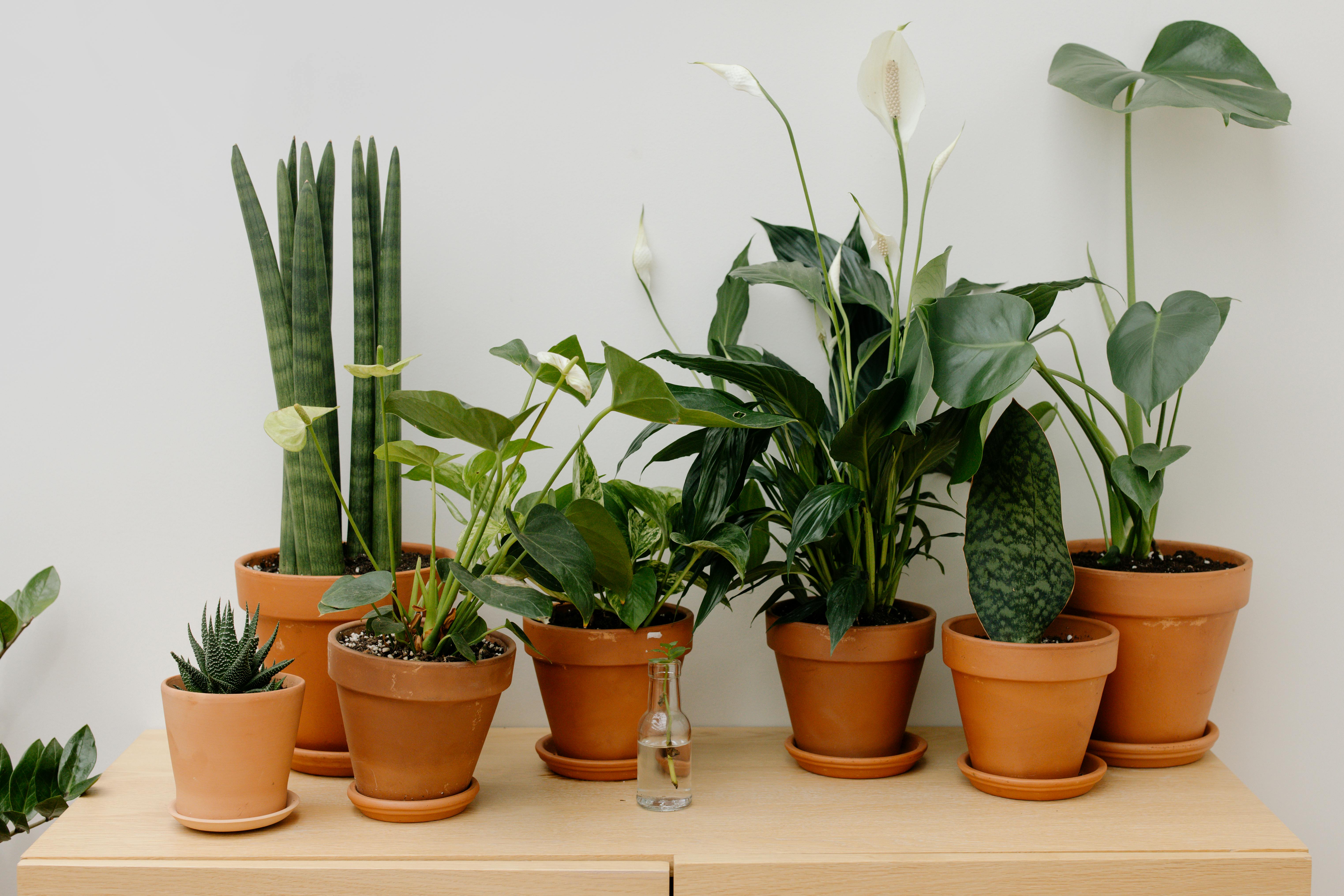
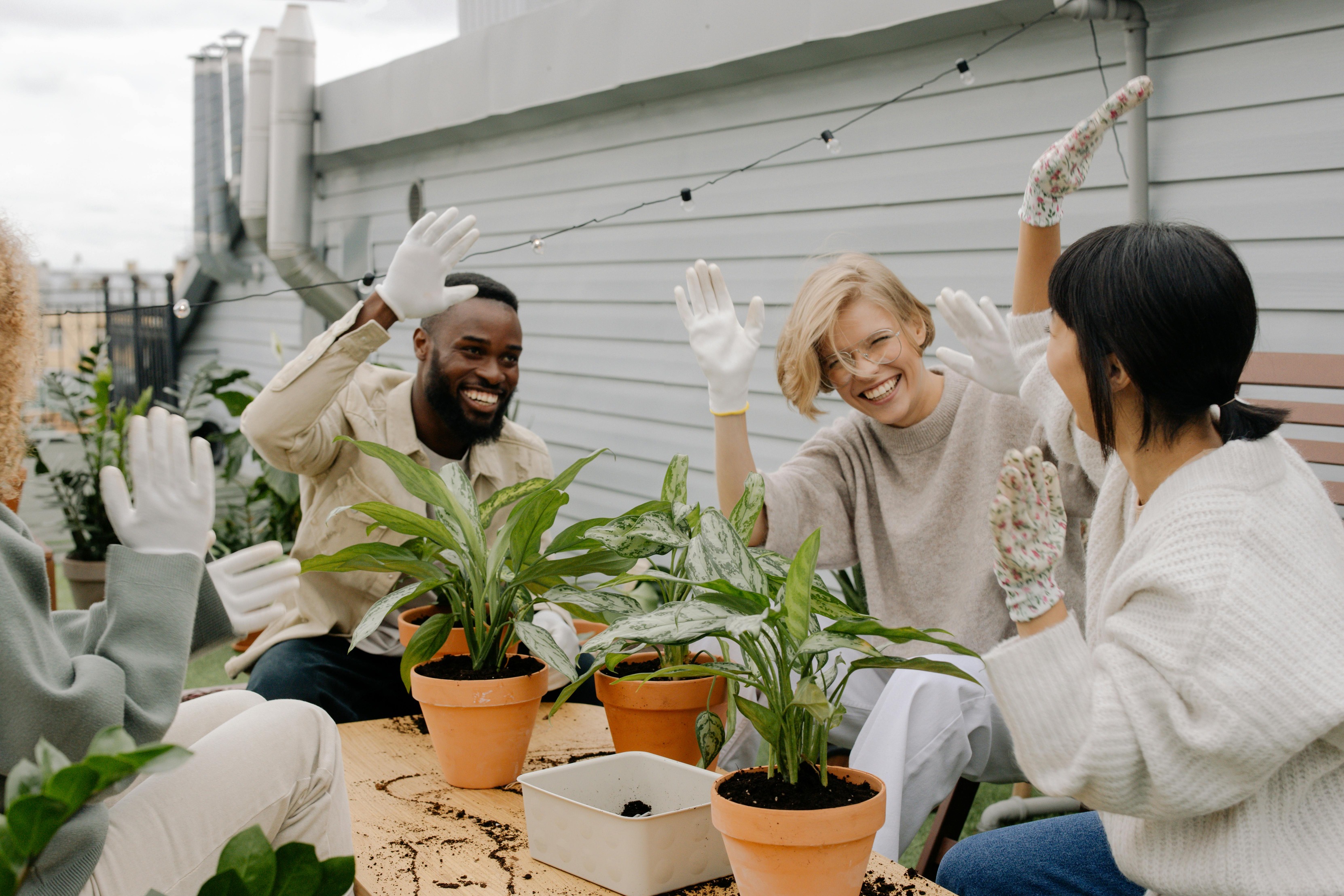
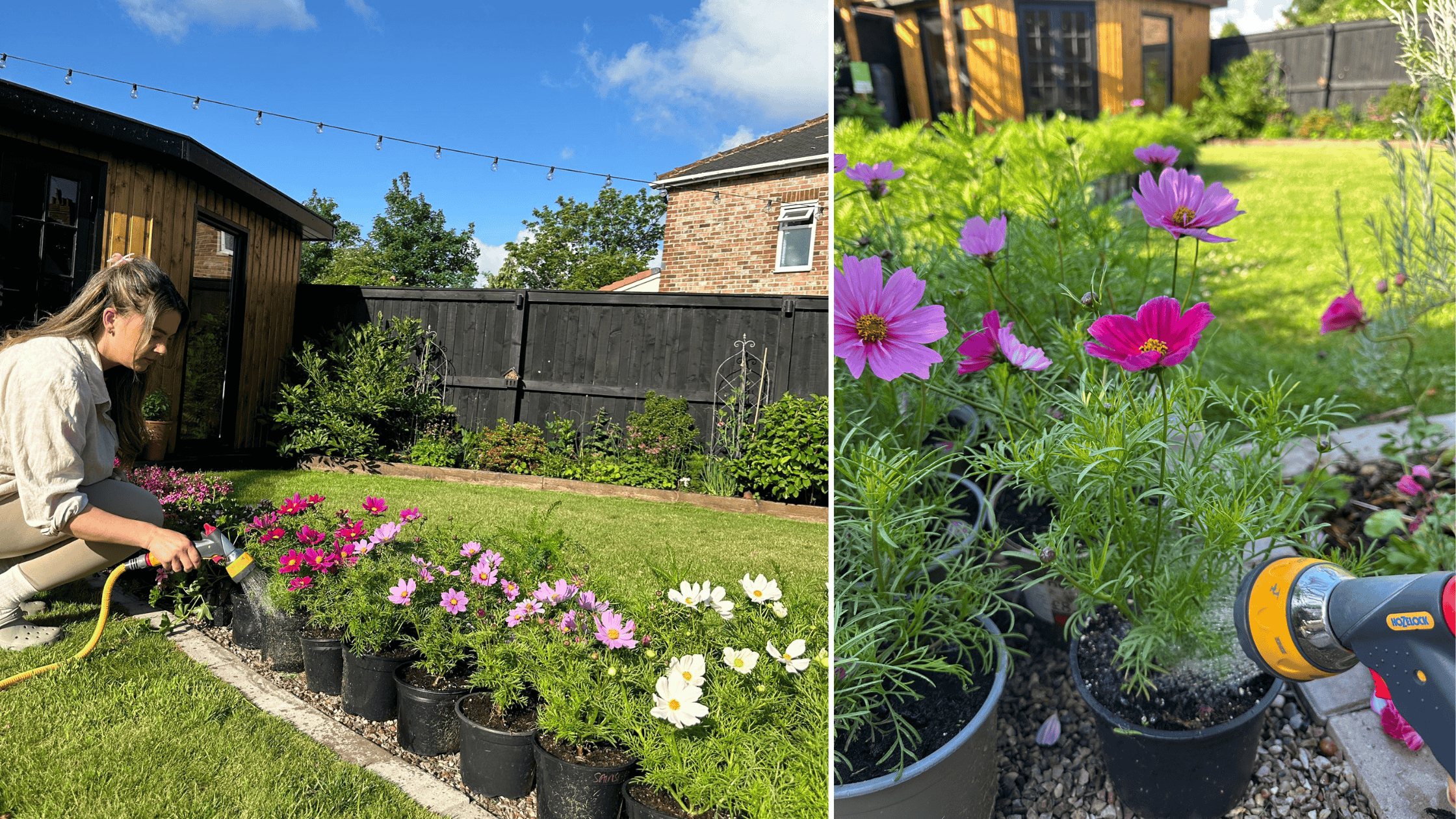
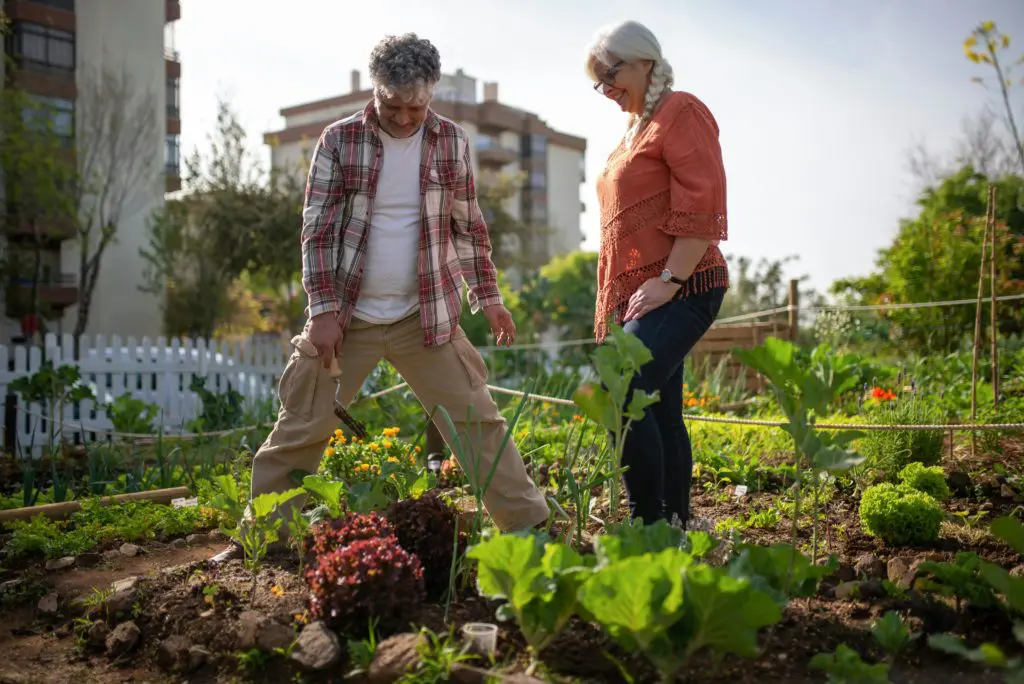



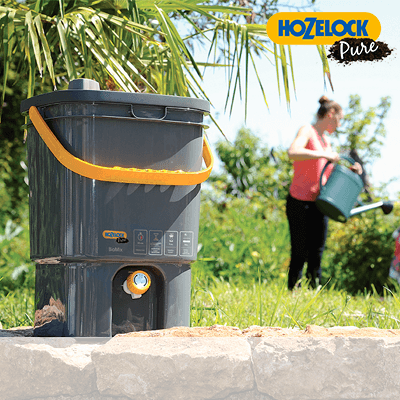




My good friend suffers terribly from bi-polar with extreme highs and lows, but does have his own large garden, with it’s hundred different plants, all planted by him! After a regular gardening stint in the sunshine he always feels better coping!